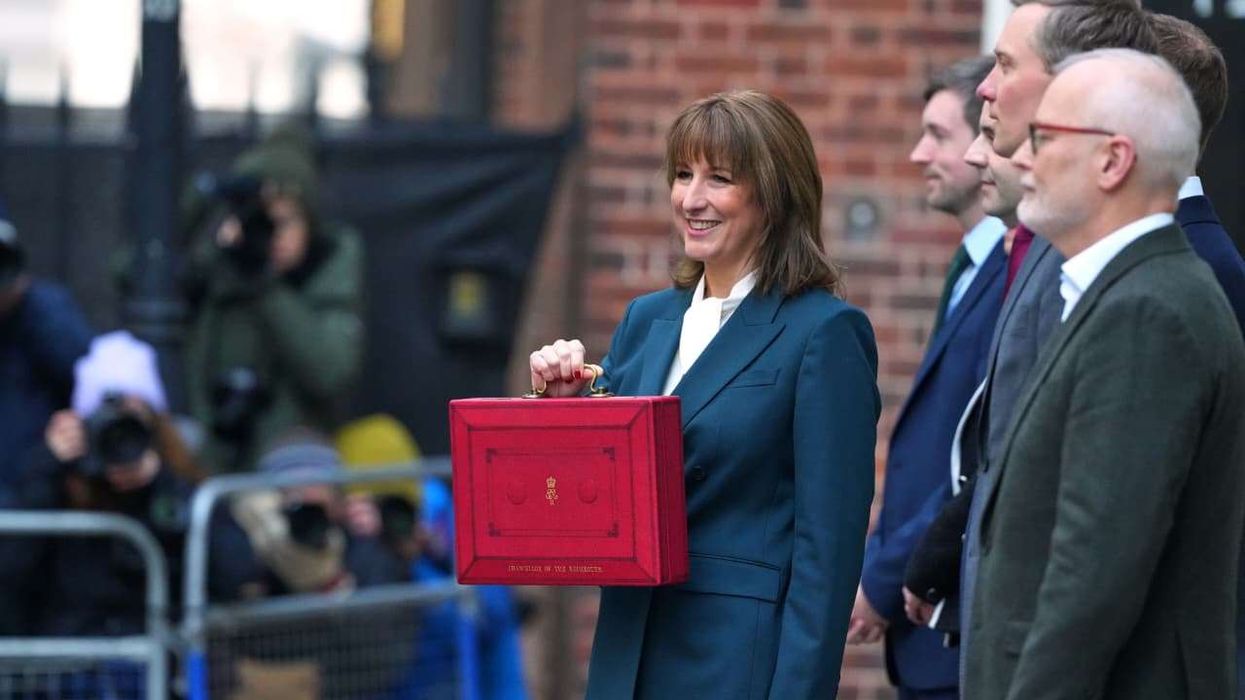Highlights
- New annual surcharge on homes worth over £2 m comes into force in April 2028, rising with inflation.
- Tax starts at £2,500 for properties valued £2m-£2.5m, reaching £7,500 for homes worth £5m or more.
- London and South East disproportionately affected, with 82 per cent of recent £2m-plus sales in these regions.
Chancellor Rachel Reeves pointed that the measure would address "a long-standing source of wealth inequality in our country" by targeting "less than the top 1 per cent of properties". The surcharge will come into force in April 2028.
Under the policy, property owners will face a recurring annual charge additional to existing council tax liability. The rate starts at £2,500 for homes valued between £2 m and £2.5 m, rising to £3,500 for properties worth £2.5 m to £3.5 m, £5,000 for £3.5 m to £5 m, and £7,500 for those valued at £5 m or more.
The tax will be based on 2026 valuations by the Valuation Office Agency in 2026 prices, with reassessments every five years. The values will be uprated in line with consumer price inflation annually.
The policy is expected to hit more than 140,000 homes, with London and the South East disproportionately affected, as 82 per cent of recent sales of properties over £2 million were located in these regions.
Concerns and impact
Industry experts have raised concerns about implementation challenges. Aneisha Beveridge of estate agency Hamptons told The Telegraph "Valuing high-end homes accurately is notoriously difficult, around 30 per cent of properties in England have not changed hands since Land Registry records began in 1995, making comparables scarce. This raises the risk of disputes and appeals, particularly where small differences in value could tip a property over the £2m threshold."
Jeremy Leaf, estate agent and former RICS residential chairman, told The Telegraph "I wish the Government luck trying to revalue all those properties and dealing with the arguments around the 'pinch points'. As a result, the cost of the exercise could turn out to be higher than the extra sums making their way into Treasury coffers."
Lucian Cook of Savills warned the move would particularly impact retirees and second homeowners, potentially pushing pensioners to downsize and hitting second home markets already dealing with increased stamp duty surcharges and doubled council tax.





